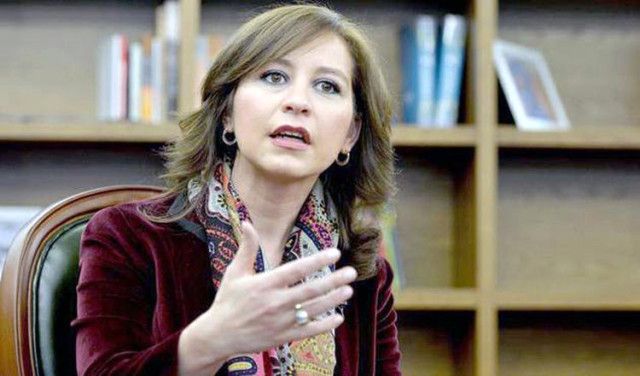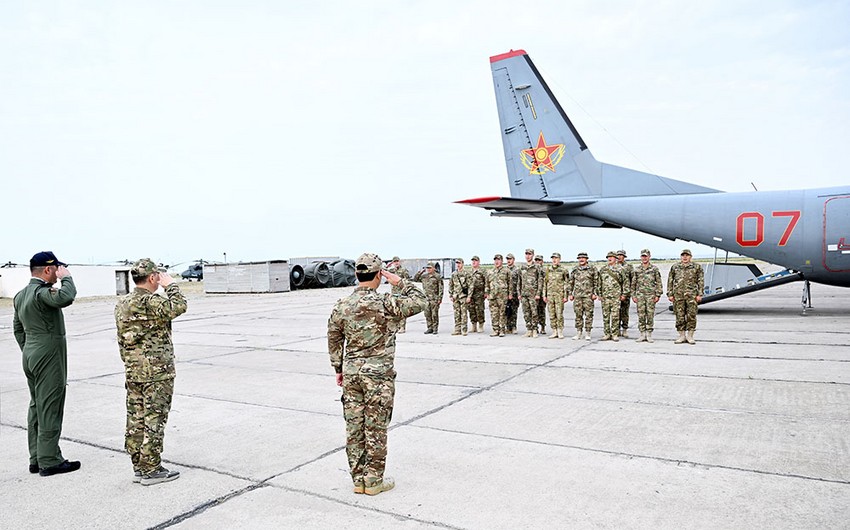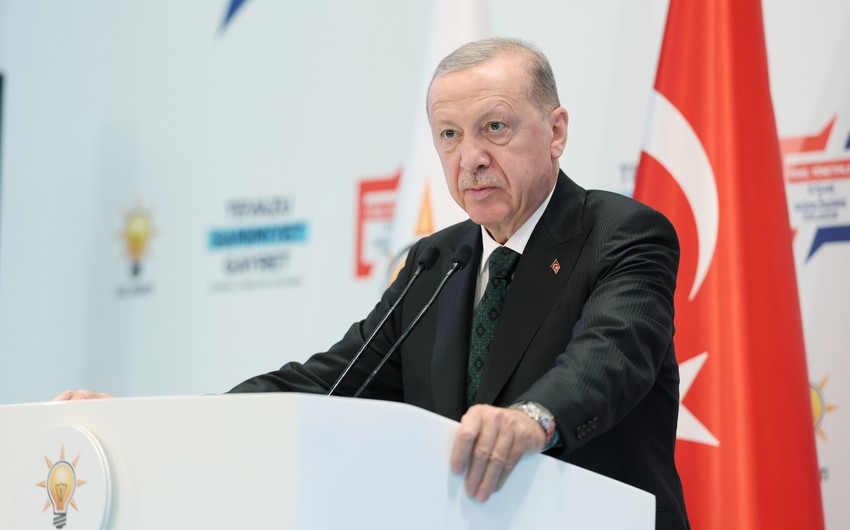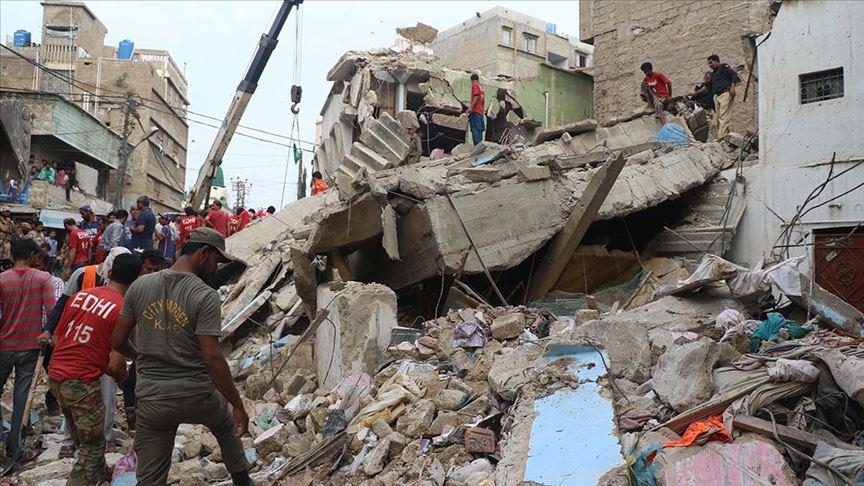The COVID-19 pandemic has brought about shifts in international economic and political power, this global pandemic will inflict a permanent shock on the world economy, especially in the emerging countries. This global pandemic has exposed weaknesses in economic and political systems and structures that never really recovered from the latest financial crisis. How the COVID-19 can change the relationship between states and the international system in an era of enhanced contest between the rising nationalist movement and the globalisation defenders. The structures and policies of World order will not be the same, COVID-19 will probably change the balance of Powers.
The World has witnessed a global leadership problem with the absence of UN for handling the COVID-19 Pandemic. Instead of the United Nations coordinate the global crisis, it was the first to leave the ship. The ineffectiveness of the WHO reflects a deeper malaise for multilateral institutions. COVID-19 have highlighted the politicization and absence of independent leadership has, over time, weakened the legitimacy of some international organizations. For their credibility and efficiency, they must be neutral and impartial, not pawns in the political games of their major members. After 75 years of existence with ups and downs, the United Nations with its lack of efficiency, transparency and bureaucratic heaviness, not a reform but a ‘reconstruction’ of the UN is a primary necessity.
The US and Europe are the major victim of COVID-19 in both real, economic, and diplomatic terms. COVID-19 has diminished trust in America as a global leader in areas where it has been admired: science, medicine, innovation, the leading edges of technology. The European Union solidarity has completely failed in this crisis, it was ‘chacun pour soi’ (every man for himself).
China has lost its credibility, as a result of the concealment of information, at the same time, China has pursued an active diplomacy for supporting the countries in pandemic crisis. However, all these diplomatic efforts will not easily overturn long-standing suspicions, especially in the US and in Western Europe. Both the US and China have suffered blows to their international standing and prestige arising from COVID-19; the US for its incompetence in handling the virus and China for its initial cover-up and sub-optimal and blatantly instrumental assistance.
Russia and Turkey have actively pursued a successful Health diplomacy during this pandemic crisis for responding to the need of medical assistance and medical devices for countries in crisis. During this crisis we also observed that the medical system and infrastructure in European countries was in decline.
The COVID-19 will provide an opportunity for geo-strategic and geopolitical disruption. The COVID-19 pandemic has questioned the benefits of globalisation exposing flaws in a system based on breaking up production processes into geographically separated areas and an internationalised division of labour in which elements such as design and management were retained in developed countries while manufacturing and assembly were outsourced to developing countries. What was not anticipated was the closing borders during a global pandemic and its major economic repercussions on the national economy especially for developed countries. The internationalisation of supply chains that intensified globalisation is now seen to have generated noxious economic and political risks. Re-nationalisation and re-shoring of economic production will most probably take place, notwithstanding increased costs and benefit losses arising from them.
To the extent that COVID-19 has anything to do with this process, it has provided further means, to facilitate a drift towards authoritarian politics, nationalism, and protectionism in the hands of ‘strongman leaders’ seeking to externalise the blame for COVID-19.
However, down a more optimistic approach a potential recognition that COVID-19 represents a not only a major global challenge but also a global opportunity in need of cooperative decision making and solutions necessitating cooperation and collective problem solving and reflecting the more positive dimensions of humanity’s millennia long search for a sense of community.
(Prof. Naciye Selin Şenocak – UNESCO Chair Holder on Cultural Diplomacy – Director of Diplomatic Strategic Studies (CEDS) – Turkey)
This article is orginally published in London Post.










